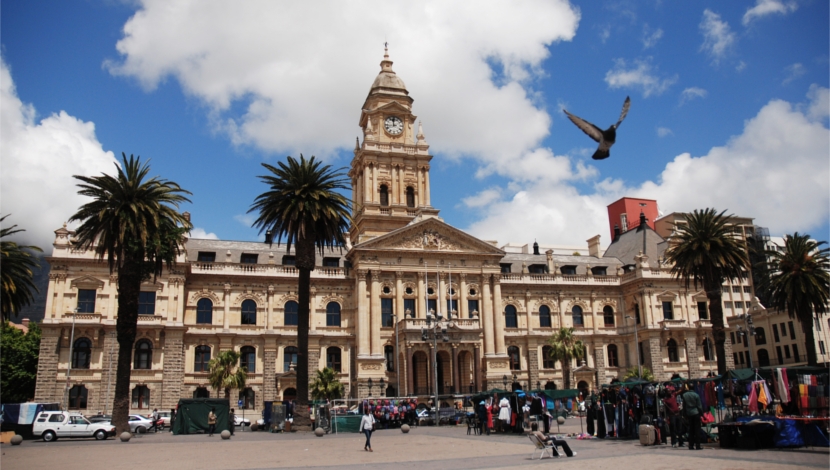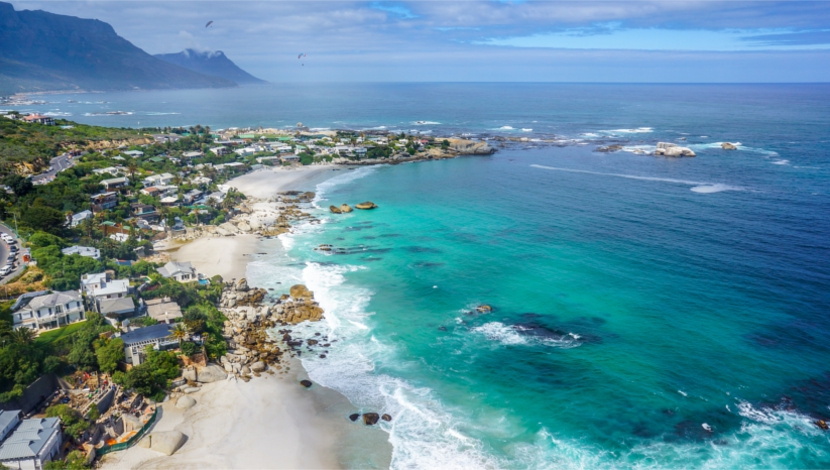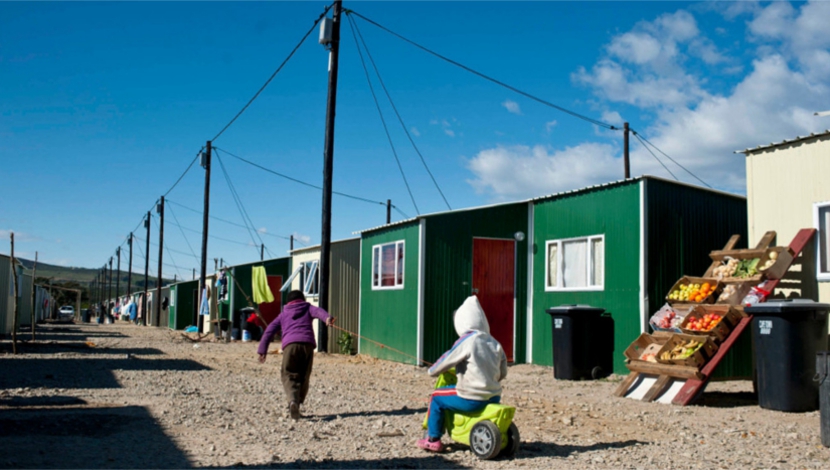

In an interview on Friday with EE Publishers investigative editor Chris Yelland, Energy Minister Mmamoloko Kubayi confirmed that the Department of Energy (DoE) and the National Energy Regulator of South Africa (Nersa) have been served with court papers by the City of Cape Town demanding the right of the City to purchase electricity from independent power producers (IPPs).
Chris Yelland is investigative editor, EE Publishers.
This court action effectively challenges the so-called “single-buyer” model in South Africa, whereby Eskom is given the exclusive right to procure electricity from generators of electricity for resale, including electricity from renewable energy IPPs.
In the court papers, the City of Cape Town warned that if the court ruled that current legislation and/or ministerial determinations prevent the City from procuring electricity directly from IPPs, the City would challenge the constitutionality of such legislation and ministerial determinations.
In the interview, Kubayi sharply criticised Cape Town Mayor Patricia de Lille for “running to court” before engaging further and exhausting intergovernmental co-operation efforts to resolve these issues between the City and the DoE.
“This is a premature case. When there is a dispute between two spheres of government, the Constitution and law provides for negotiation. Mayor de Lille has not sought this,” said Kubayi.
Kubayi further called on De Lille to withdraw the court papers and to engage with her. “We are going to sit with SALGA and COGTA to have a full discussion on these matters,” she said.
The matter is particularly relevant for the City of Cape Town and other municipal electricity distributors in South Africa in light of Eskom’s application to increase its electricity prices by some 20% to Eskom customers on 1 April 2018, and by 27% to municipalities.
Even before this proposed increase, the price of electricity from new wind and solar photo-voltaic (PV) IPP projects is now lower than Eskom’s average cost of electricity supply, and significantly lower than Eskom’s price of electricity to municipal electricity distributors. This cost differential will further increase significantly in the years ahead.





